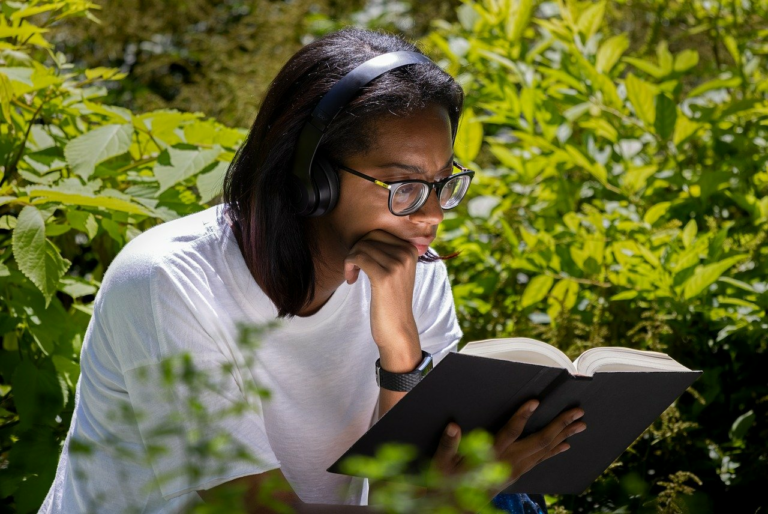Student Leadership Development: Fostering Tomorrow’s Change-makers
One of the key aspects of education that often goes overlooked is the development of leadership skills in students. Cultivating these skills from a young age can have a profound impact on a student’s future success and ability to navigate the challenges of the modern world. By fostering leadership qualities such as communication, decision-making, and teamwork, students are better equipped to take on roles of responsibility and make a positive impact in their communities.
Additionally, cultivating leadership skills in students helps to instill a sense of confidence and self-assurance that will serve them well in their personal and professional lives. When students are given opportunities to lead, whether in group projects or extracurricular activities, they learn to trust in their abilities and take initiative when faced with challenges. This newfound confidence not only helps students excel academically but also prepares them to be resilient in the face of adversity as they grow into future leaders of society.
Leadership skills help students develop effective communication abilities
Decision-making skills are enhanced through cultivating leadership qualities
Teamwork is emphasized and encouraged in the development of leadership skills
Students learn to trust in their abilities and take initiative when given opportunities to lead
Cultivating leadership skills instills confidence and self-assurance in students, benefiting them personally and professionally
Building Confidence and Resilience in Future Leaders
Confidence and resilience are essential traits that future leaders must cultivate to navigate the challenges of today’s fast-paced world. These qualities not only enable individuals to face setbacks and uncertainties with courage but also empower them to inspire and motivate others towards a common goal. By instilling a sense of self-assurance and adaptability in students, educators play a crucial role in shaping the leaders of tomorrow.
Encouraging students to step out of their comfort zones and take on new challenges is key to fostering their confidence and resilience. Through experiential learning opportunities and mentorship programs, students can develop the necessary skills to overcome obstacles and setbacks in their personal and professional lives. Building a supportive environment where failure is viewed as a stepping stone to growth helps students embrace challenges with a positive mindset and emerge stronger and more resilient leaders.
Encouraging Critical Thinking and Problem-Solving Abilities
Developing critical thinking and problem-solving skills in students is crucial for preparing them to navigate the complexities of the modern world. By encouraging students to analyze situations from multiple perspectives and think logically, educators can help them become effective decision-makers. This ability to assess information critically and approach challenges with a problem-solving mindset equips students with the tools necessary to adapt to various scenarios they may encounter in their personal and professional lives.
Furthermore, fostering an environment that values creativity and innovation can enhance students’ problem-solving abilities. Encouraging them to think outside the box and explore unconventional solutions can spark their curiosity and drive to overcome obstacles. By challenging students to come up with unique strategies to address real-world problems, educators can empower them to tackle challenges with confidence and resilience, ultimately shaping them into future leaders who are equipped to make meaningful contributions to society.
Why is it important to cultivate leadership skills in students?
Cultivating leadership skills in students is important because it helps them develop the ability to work effectively with others, make sound decisions, and inspire others to achieve common goals.
How can we build confidence and resilience in future leaders?
Building confidence and resilience in future leaders can be achieved through providing them with opportunities to face challenges, providing support and encouragement, and helping them learn from their failures.
How can we encourage critical thinking and problem-solving abilities in students?
Encouraging critical thinking and problem-solving abilities in students can be done by presenting them with real-world problems to solve, encouraging them to question assumptions, and teaching them how to analyze and evaluate information effectively.







